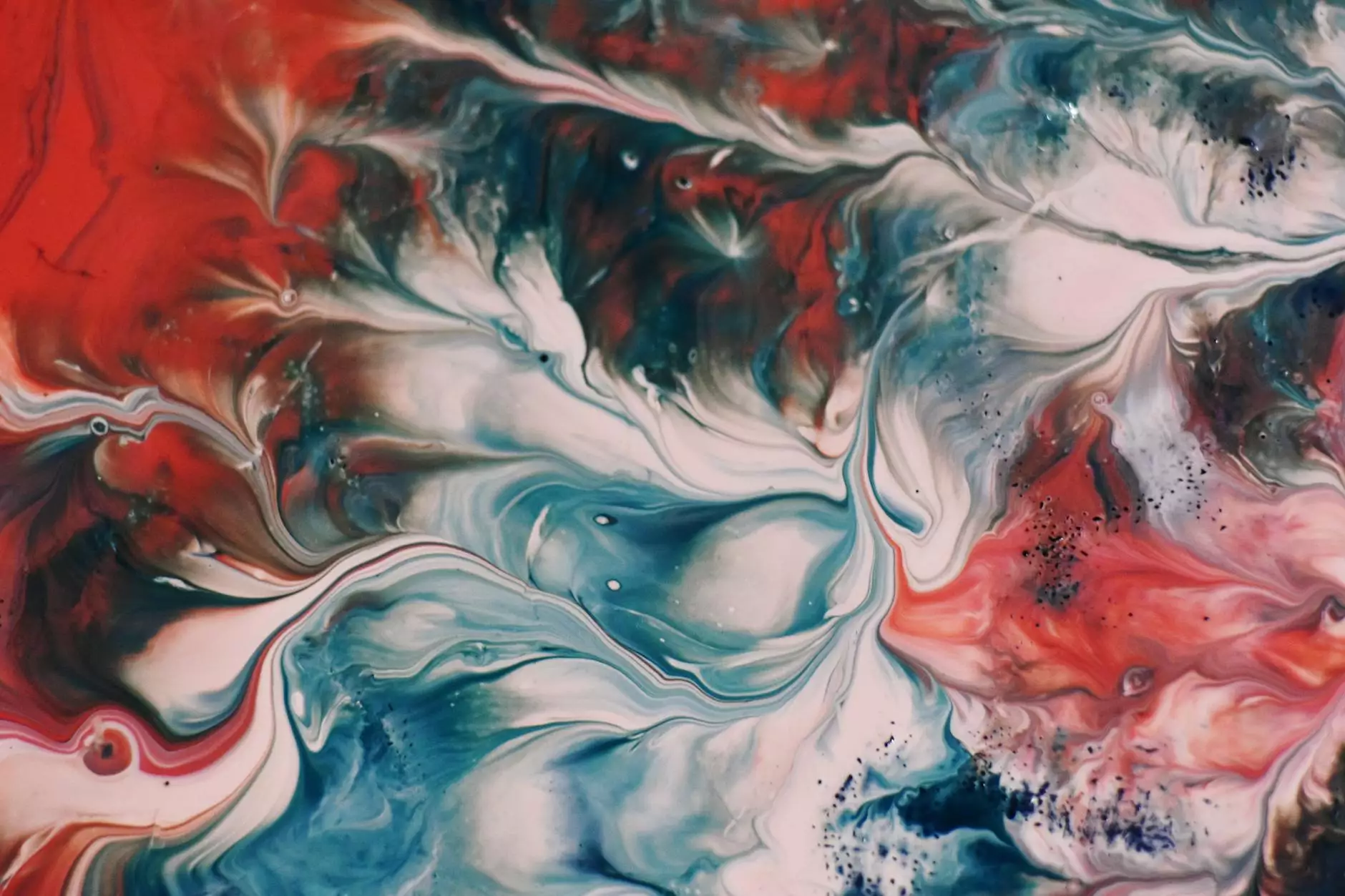Understanding Iboga and Ibogaine: Healing from Within

Iboga is a plant native to Central Africa, particularly recognized for its potent psychoactive properties. Particularly known for its active compound, Ibogaine, this plant has garnered attention in both traditional and modern medicine. The significance of iboga and ibogaine extends beyond its historical use; it has emerged as a beacon of hope for many individuals seeking healing, particularly from addiction and related issues. In this comprehensive article, we will explore the myriad benefits, applications, and the science behind iboga and ibogaine.
The Historical Context of Iboga
Iboga has a rich heritage rooted in the traditions of the Bwiti religion in Gabon, where it has been used for centuries in ceremonial practices. The plant, specifically the root bark, is often consumed during rites of passage and spiritual ceremonies, promoting a deep sense of connection and introspection. The ceremonial use of iboga is not merely mystical; it's profoundly therapeutic, enabling participants to confront personal demons and reconnect with their spiritual essence.
What is Ibogaine?
Ibogaine is the primary psychoactive alkaloid found in the root of the iboga plant. It acts on various neurotransmitter systems in the brain, leading to profound alterations in perception and consciousness. By engaging with the brain's receptor systems, ibogaine has shown potential to disrupt patterns of addiction. Many anecdotal reports and preliminary studies suggest it can significantly reduce withdrawal symptoms and cravings for substances such as opioids, alcohol, and stimulants.
The Mechanism of Action: How Ibogaine Works
When ibogaine is ingested, it undergoes a complex metabolic process in the liver, where it's converted into its active form, noribogaine. This compound interacts with several receptors, including:
- Opioid Receptors: Ibogaine has been shown to modulate these receptors, reducing withdrawal symptoms and cravings.
- Serotonin Receptors: The interaction with these receptors may help enhance mood and reduce anxiety.
- Dopamine Receptors: By influencing the brain’s reward pathways, ibogaine can potentially alter addictive behaviors.
This polypharmacological nature of ibogaine is what makes it a unique candidate for treating addiction, distinguishing it from traditional rehabilitation methods that often only address the symptoms and not the underlying issues.
Therapeutic Uses of Iboga and Ibogaine
The therapeutic uses of iboga and ibogaine have expanded significantly in recent years, gaining recognition in several key areas:
1. Substance Use Disorder Treatment
One of the most promising applications of ibogaine is in the treatment of addiction. Clinical studies and user testimonials suggest that ibogaine can help break the cycle of addiction. Patients often report a significant decrease in cravings, allowing them to pursue sobriety with renewed strength and clarity.
2. Emotional Healing and Psychological Insight
For many, the experience of an ibogaine session goes beyond mere physical detoxification. Users often experience profound emotional healing, facing traumas and significant life events that contribute to their addiction patterns. The introspective journey can reveal deep-seated psychological blocks, enabling holistic healing and personal growth.
3. Boosting Creativity and Focus
While primarily known for its therapeutic uses, some users report enhanced creativity and focus following ibogaine experiences. These effects can be particularly beneficial for artists and thinkers seeking new insights and perspectives.
The Scientific Evidence: What Research Says
Despite its potential, the scientific exploration of iboga and ibogaine has been limited due to various factors, including its legal status in certain countries and the stigma surrounding psychoactive substances. However, a growing body of research is beginning to illuminate its effectiveness:
- Studies in Addiction Treatment: Research has indicated that individuals treated with ibogaine for opioid dependence showed a significant reduction in withdrawal symptoms and cravings.
- Clinical Trials: Ongoing clinical trials aim to establish more definitive results regarding the efficacy of ibogaine. Early indicators are promising, though larger-scale studies are needed.
Potential Risks and Considerations
While the potential benefits of iboga and ibogaine are noteworthy, it's crucial to acknowledge the potential risks:
- Cardiac Risks: Ibogaine can affect heart rate and rhythm, which poses risks for individuals with pre-existing cardiovascular issues.
- Psychoactive Effects: The intense effects of ibogaine can lead to overwhelming experiences. Proper setting and guidance are essential for safety.
- Legal Status: The legality of ibogaine varies by country. Potential users should be aware of their local laws and regulations.
Preparing for an Ibogaine Experience
For those considering an ibogaine treatment, preparation is paramount. Here are key steps to take:
1. Research and Consultation
Before undergoing treatment, thorough research is essential. Consult with healthcare professionals and experienced practitioners to understand the process and set realistic expectations.
2. Creating a Safe Environment
Engage in treatment with a qualified facilitator in a safe and supportive environment. The setting plays a crucial role in the overall experience and outcomes.
3. Emotional Readiness
It's important to approach iboga and ibogaine treatment with an open mind and readiness to confront emotional blocks. Preparing mentally can enhance the recovery process.
Personal Testimonials: Voices of Transformation
Many individuals have shared their transformational journeys with iboga and ibogaine:
"After years of struggling with addiction, my experience with ibogaine was life-changing. It allowed me to face my past and emerge with a new sense of purpose and clarity." – John D.
"I was skeptical at first, but the insights I gained during my iboga treatment were profound. It opened my eyes to patterns in my life I wasn't aware of." – Sarah L.
Conclusion: The Path Forward with Iboga and Ibogaine
In conclusion, iboga and ibogaine represent not just a therapeutic pathway for addiction recovery, but a broader opportunity for healing and self-discovery. As research continues and awareness grows, these natural substances hold the promise of helping many individuals reclaim their lives. At muchroomstore.com, we believe in the power of nature to facilitate profound change. As with any treatment, education and responsible use are paramount. The journey to healing is personal, and ibogaine may be a key to unlocking your potential for a brighter future.









